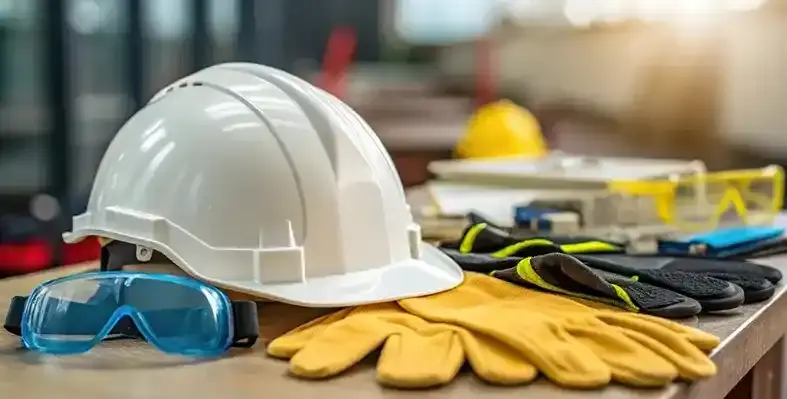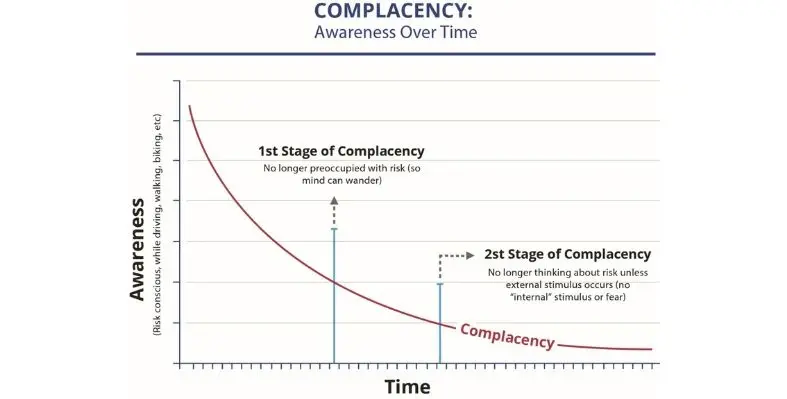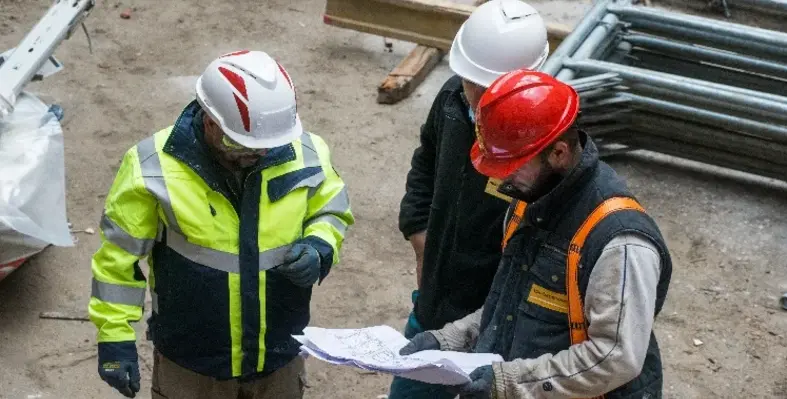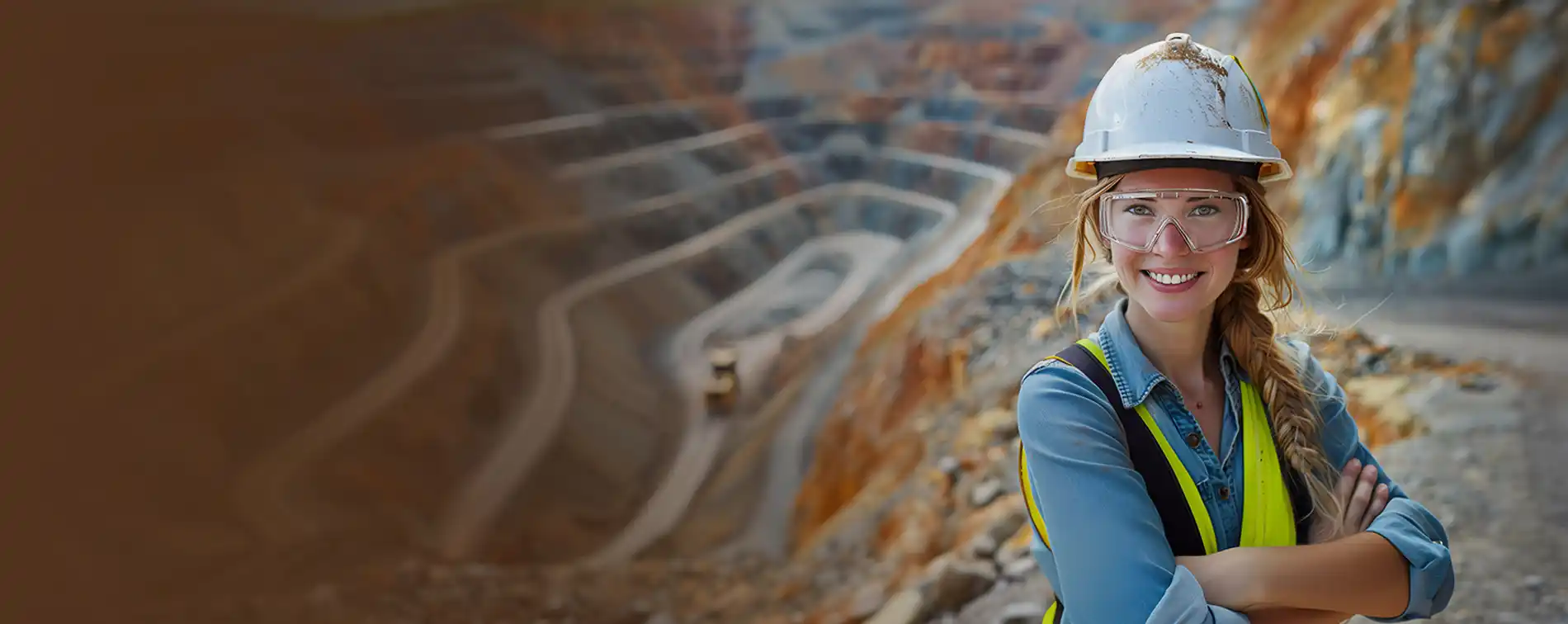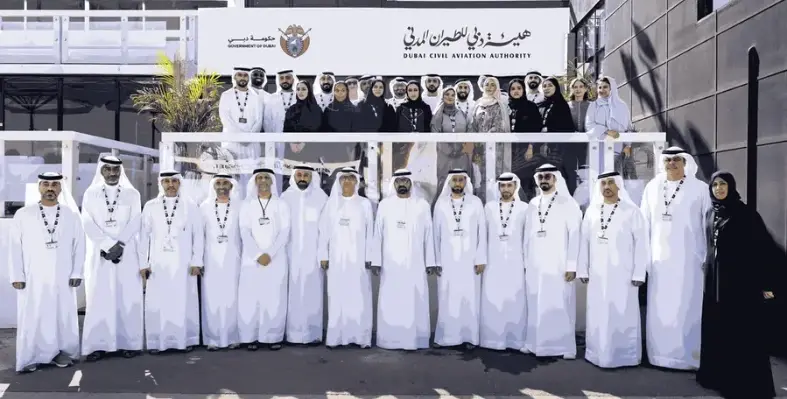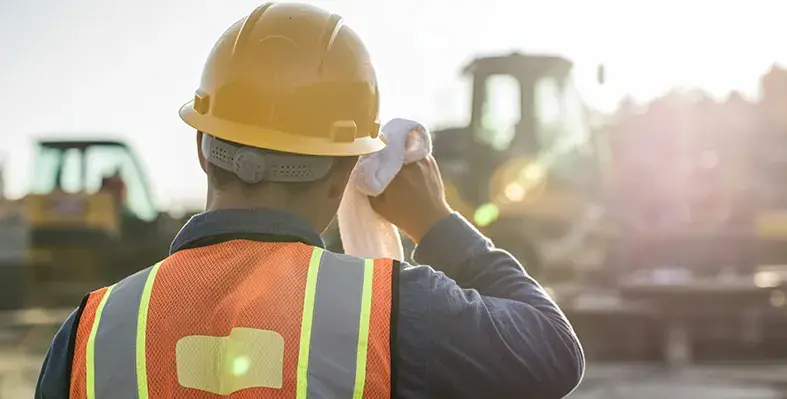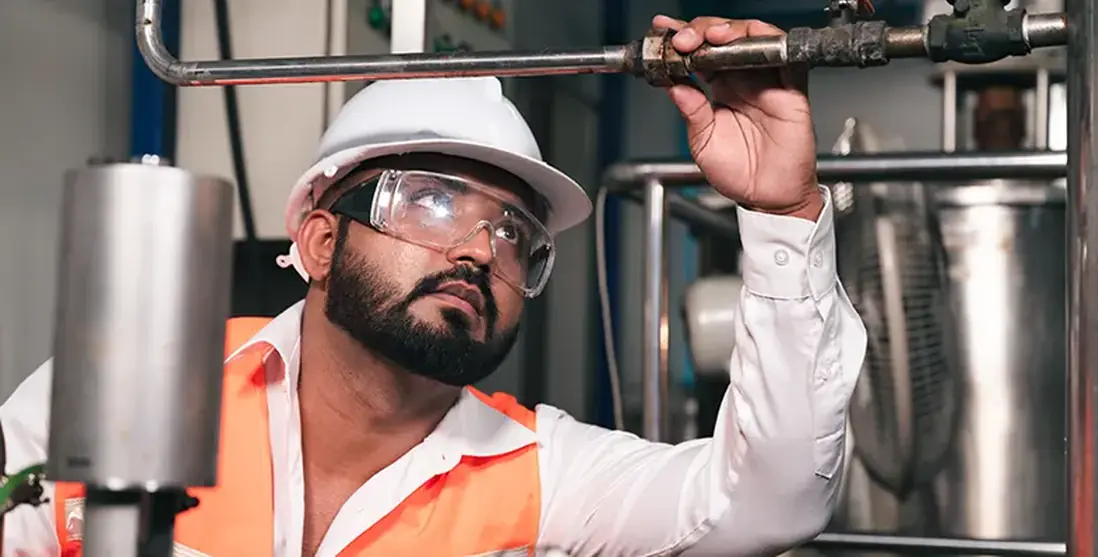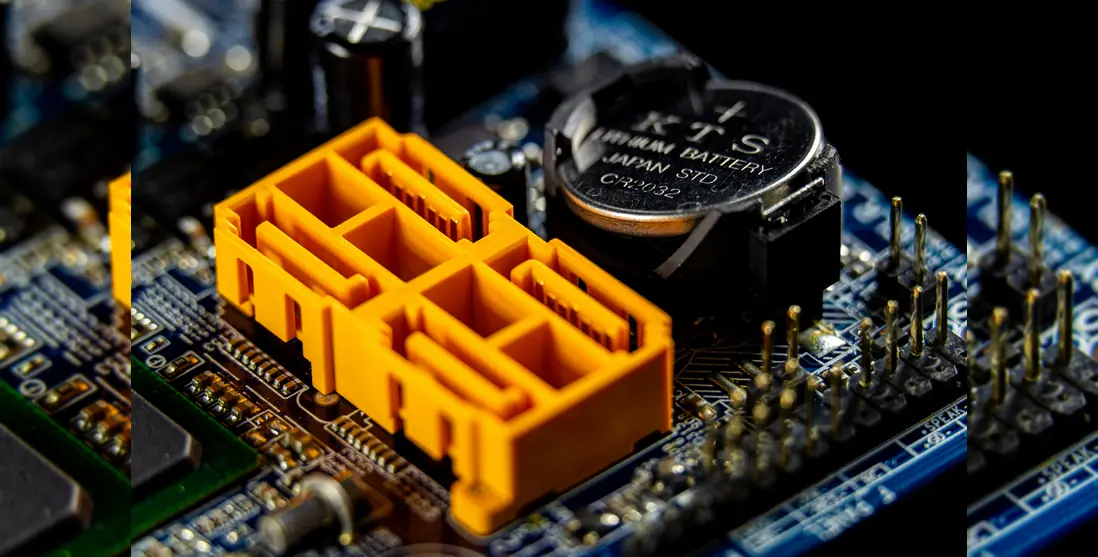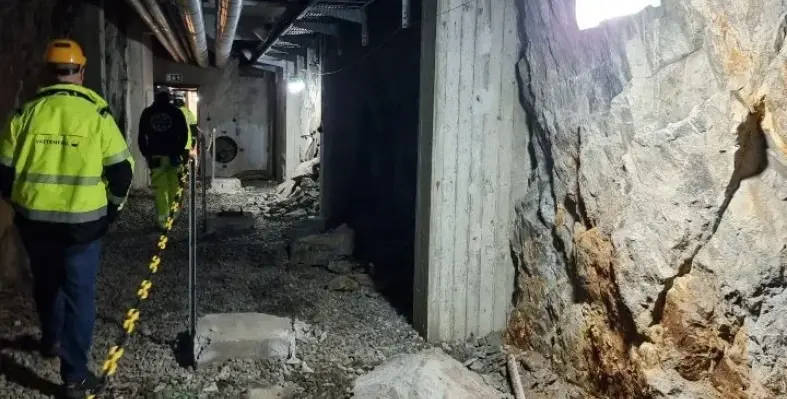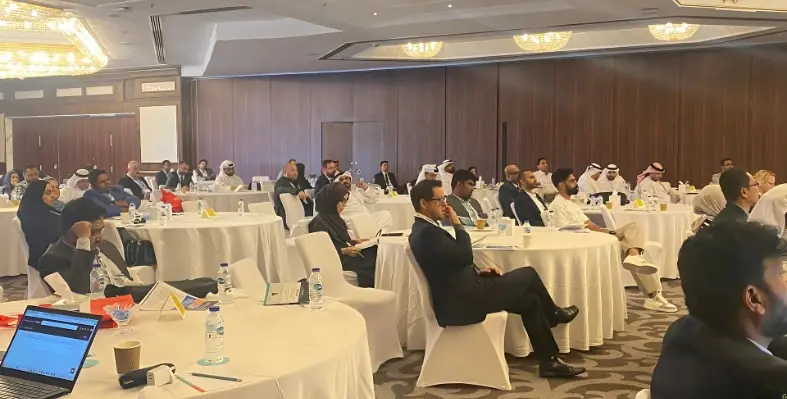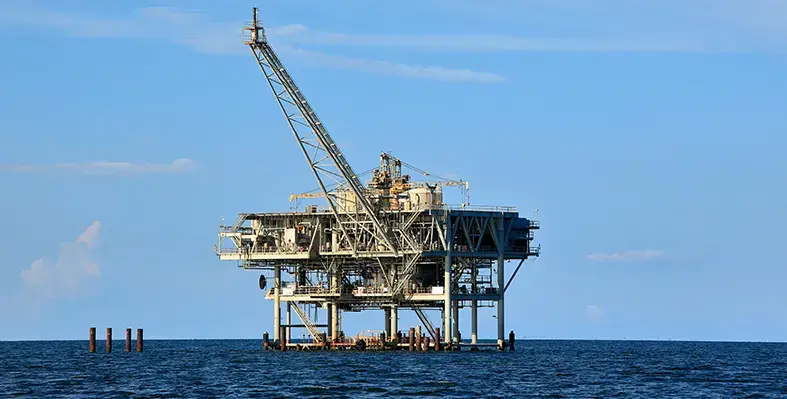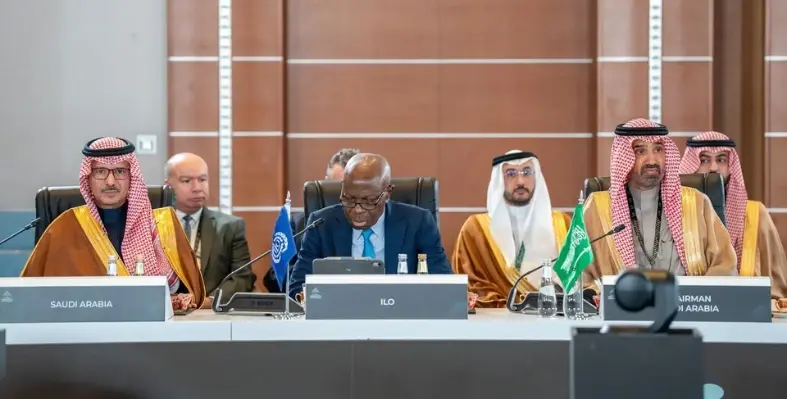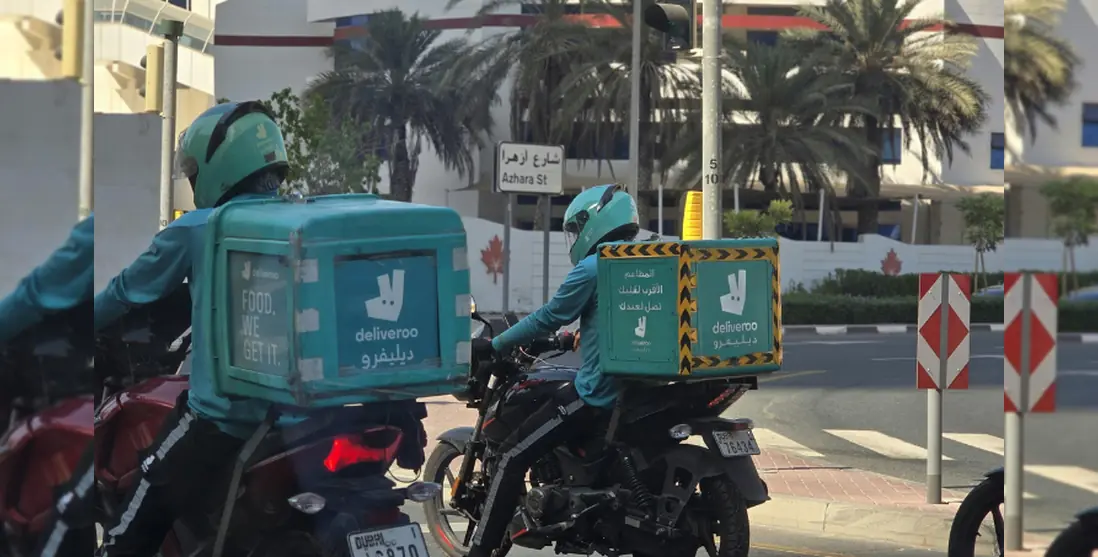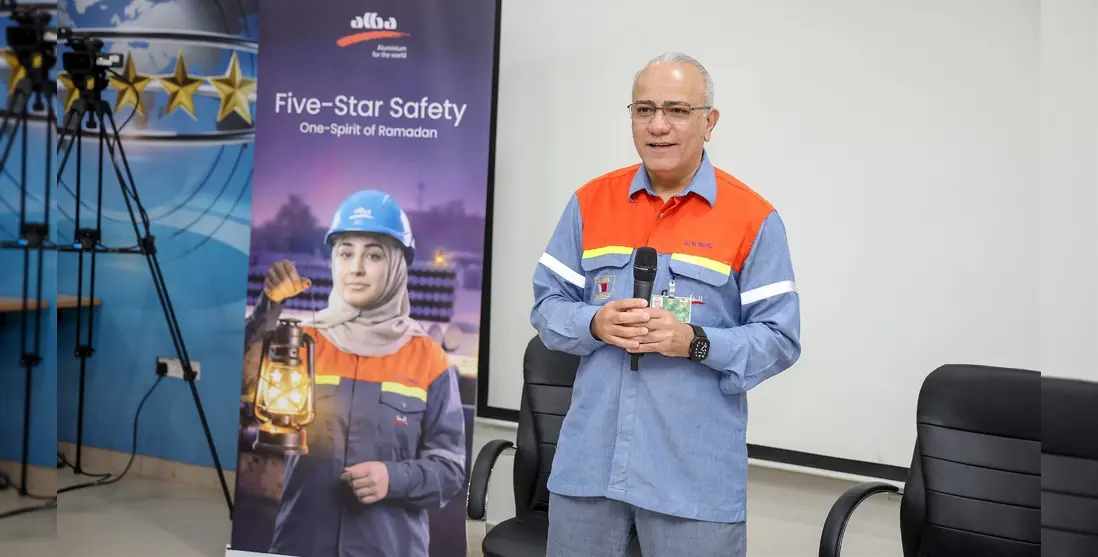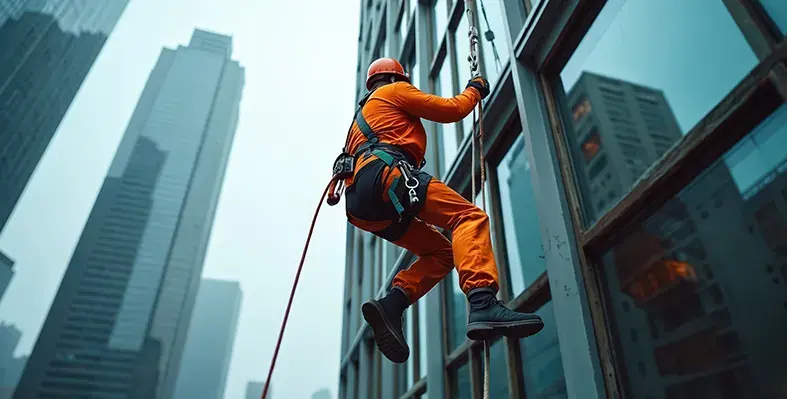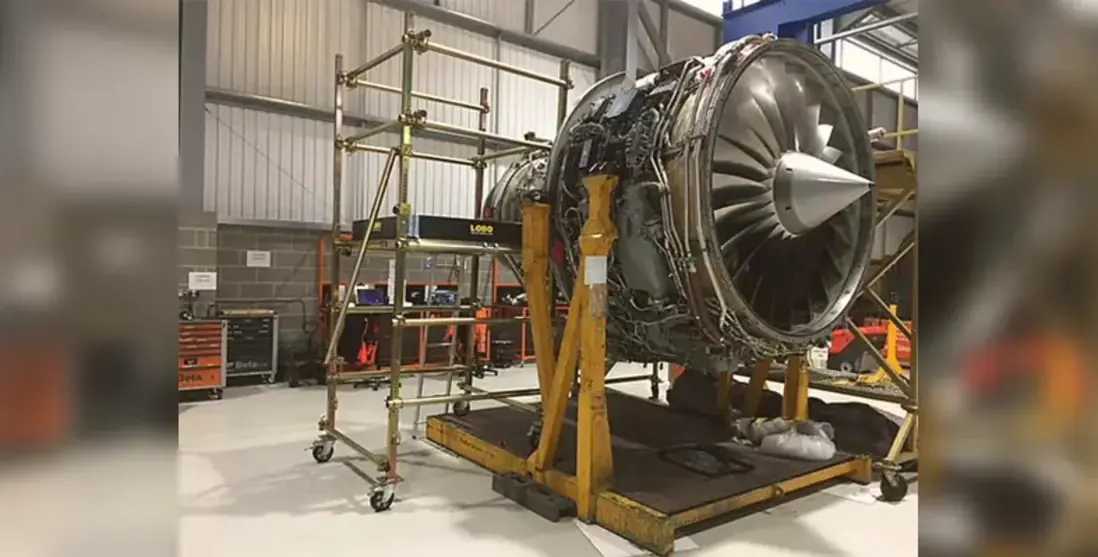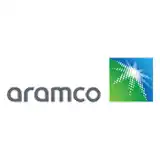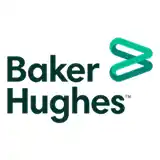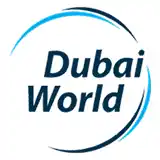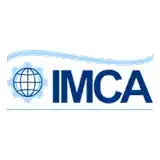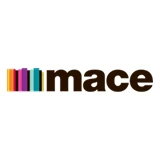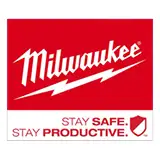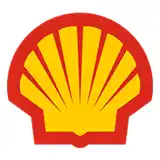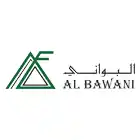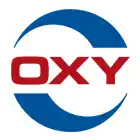Latest News
-
Dubai Civil Aviation Authority (DCAA), one of Dubai’s key aviation regulators, has wrapped up its participation at the Dubai Airshow 2025 with a strong international showing that reinforced the emirate’s status as a global centre for aviation excellence and technological innovation.
The event, staged at Dubai World Central from 17-21 November under the theme “The Future Begins Here,” marked another significant step in the rapid expansion of both the aviation and space sectors.
During the Airshow, DCAA achieved several important milestones, led by the signing of two Memoranda of Understanding with Dubai Police and Dubai Customs. These agreements are designed to strengthen institutional collaboration and align efforts to uphold the highest levels of safety, security and operational efficiency across Dubai’s airspace.
The partnerships will focus on creating new frameworks for operational coordination, sharing expertise and critical information, and developing joint initiatives that contribute to long-term sector sustainability. The move aligns with Dubai’s wider ambition to build a smart, unified and future ready aviation ecosystem.
Commenting on the occasion, H.E. Mohammed Abdulla Lengawi, Director General of the Dubai Civil Aviation Authority, stated: “The remarkable success of the Dubai Airshow 2025 reflects the Authority’s firm commitment to supporting innovation and enhancing the sustainability of the aviation sector. This year’s edition provided a global platform for knowledge exchange and partnership-building, demonstrating the sector’s resilience and its ability to evolve. The Memoranda of Understanding signed by the Authority represent an important step toward a more efficient and innovative future, further strengthening Dubai’s position as a leading global centre for civil aviation. This aligns with our continued efforts to elevate operational efficiency and enhance security and safety standards across the UAE’s airspace.”
What makes us different?
Connecting Innovation, Expertise, and Collaboration for a Safe and Sustainable Future.
Our Mission
We create products that transform how people and industries deliver their HSE function. Whether delivering cutting edge content, fostering collaboration, or building connections, we thrive at the intersection of government, industry, and innovation.

Our Approach
As a leader in global HSE strategy and communication, we tap into our international network of experts to address key challenges. Through research and collaboration, we provide insights that help businesses navigate a rapidly evolving market.

Our Purpose
We act as independent influencers, championing innovation, collaboration, and evolving industry HSE standards. By fostering dialogue and partnerships, we contribute to the safe, efficient, and sustainable growth of Health, Safety and Environmental Sustainability.
Most Read
